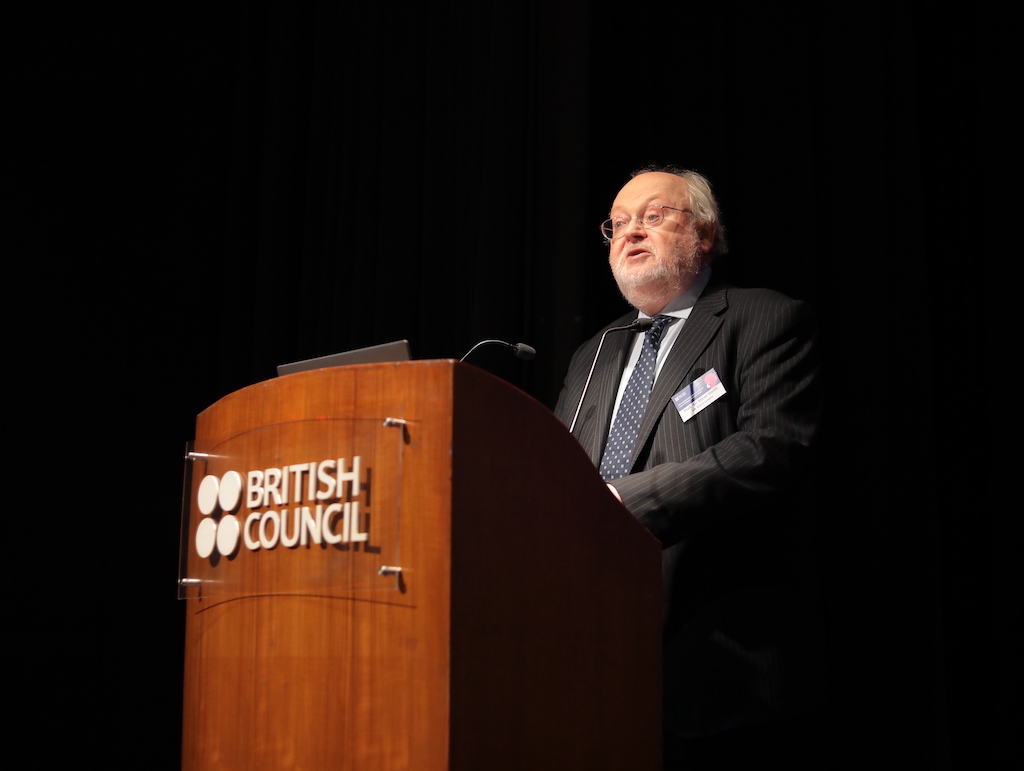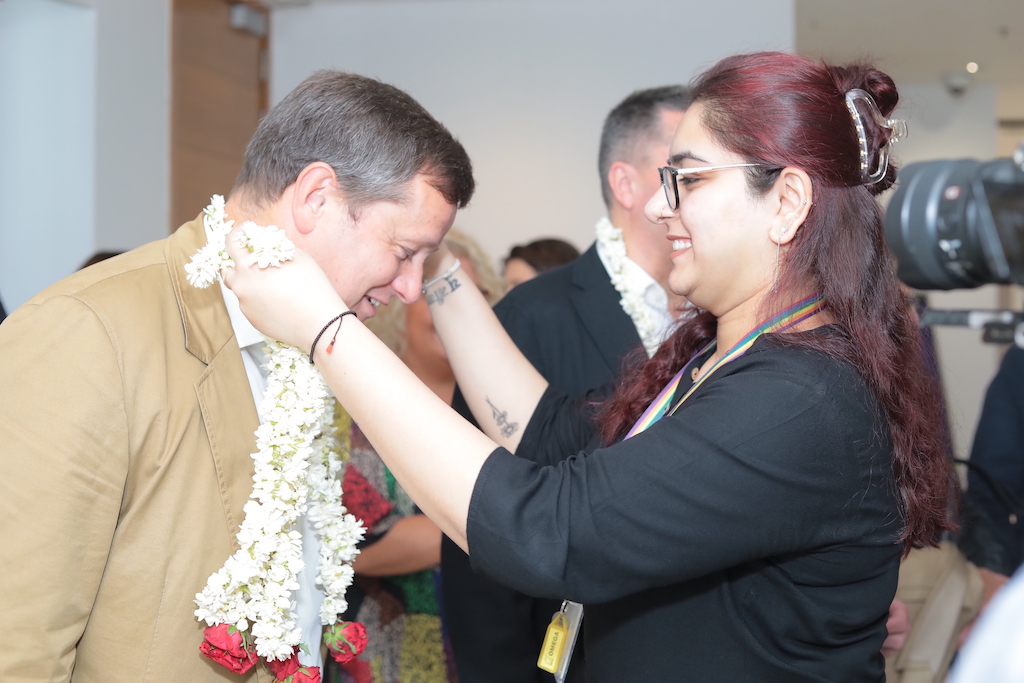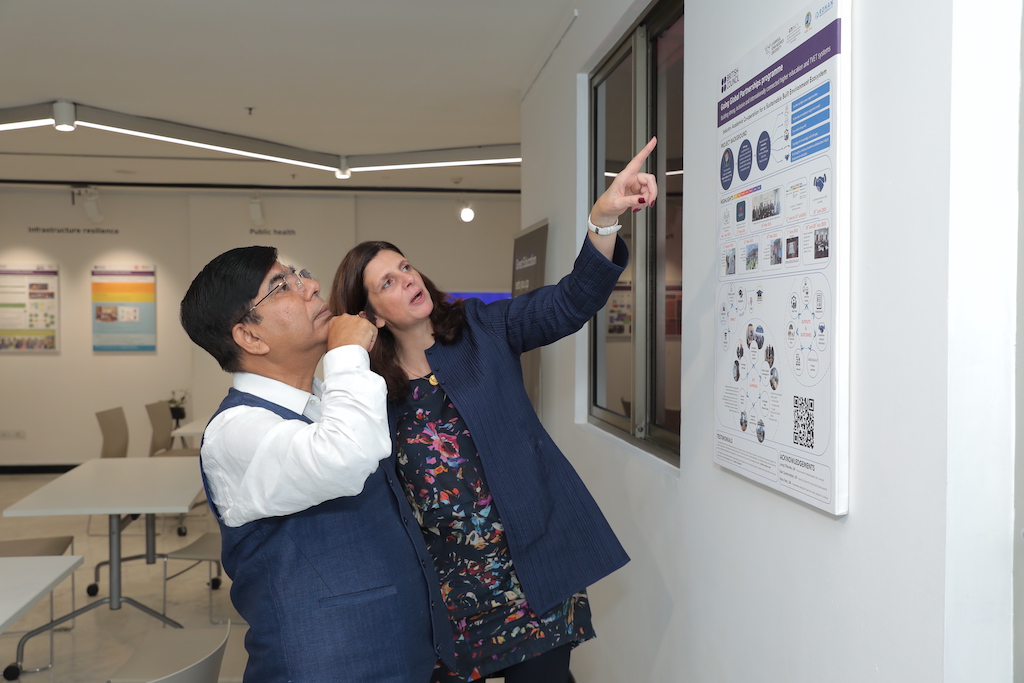Global Education Holdings acquires MLA College
UK higher education provider Global Education Holdings has announced the acquisition of distance learning degree specialist MLA College from BAU Global Education Network.
MLA, which focuses on marine and maritime education, was acquired in August of this year.
The provider based in Plymouth, previously known as Marine Learning Alliance between 2014 and 2022, was initially based within the University of Plymouth when it launched in 2012.
GEDU said the transaction marks another “significant step” towards expanding its global ambitions and educational reach.
The provider currently operates in 12 countries including the US, Canada, United Kingdom, Ireland, Germany, France, Spain, Malta, UAE, India, Saudi Arabia and Australia.
“We represent and believe in true education beyond borders”
Its portfolio features English Path, GBS, e-learning platform GlobalU and École de Management Appliqué in Paris.
According to records on companies house, the MLA College’s shares are worth a total of £3.4m. In the balance sheet in the year up to September 30, 2022, its retained earnings were £2,925,654 in the red.
“At MLA College, we believe that investing in education and life-long learning will help prepare individuals, teams, and businesses for an evolving global economy. We represent and believe in true education beyond borders,” Basak Akdemir, CEO of MLA College, said.
MLA is working towards its own degree awarding powers and university status, the provider added.
The post Global Education Holdings acquires MLA College appeared first on The PIE News.













